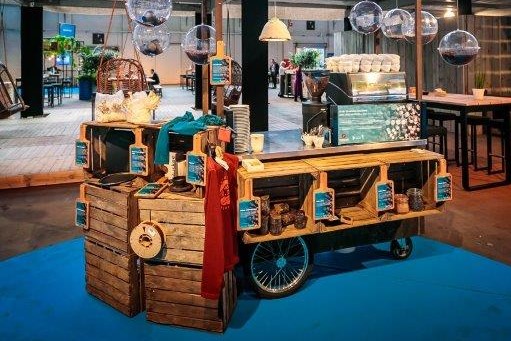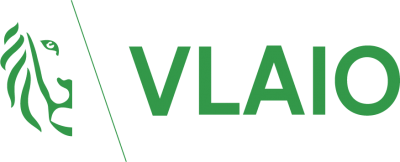Topics
We organise our actions in six thematic & strategic agendas:
Strategic Agendas:
Bio-economy
Circular Construction
Chemicals/Plastics
Manufacturing Industry
Food Chain
Water Cycles
Seven leverages provide additional support:
Leverage effects:
Lever Policy Instruments
Lever Circular Procurement
Lever Communication
Lever Innovation & Entrepreneurship
Lever Financing
Lever Jobs & Skills
Lever Research
What, why and how?
Why are we pursuing a circular economy?
Future visions 2050
How do we see our circular future?
About our management
Who steers what at Flanders Circular?
The Circular City site is relatively new and our most 'open site'. For that reason, its approach has the characteristics of being a scouting mission and investigatory while also being pragmatic and as specific as possible, wherever possible. It responds to the growing awareness of the enormous potential of cities and regions to accelerate the transition to a circular economy.
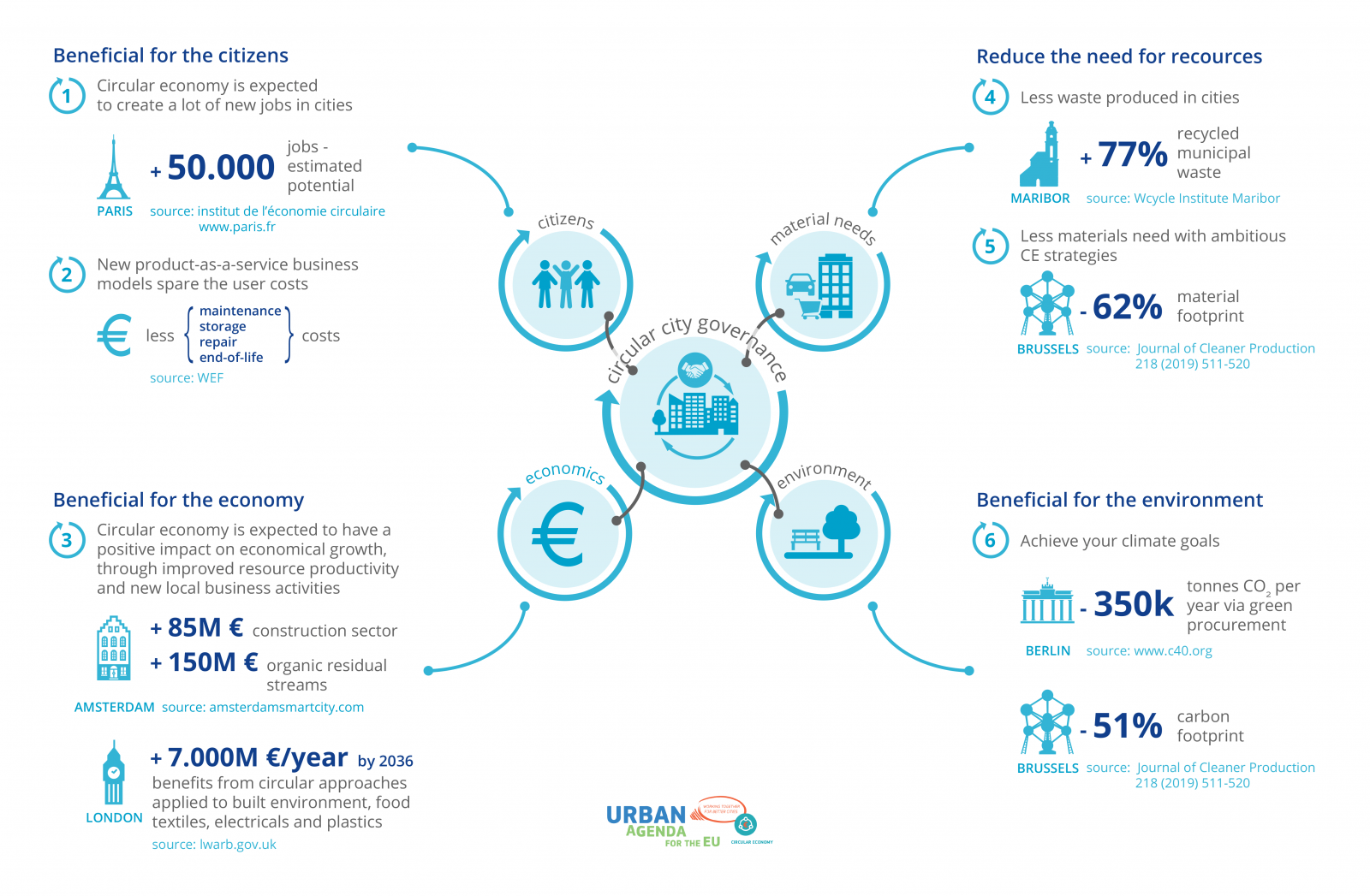
Circular City Governance
Circular Economy is a hot topic for local policy makers. But frontrunners confirm: from first interest to the implementation of a circular strategy is a huge step. The current cases and studies mostly focus on facts and results, but what is usually missing is the governance aspect. How can cities support circular models within their current governance? Here you can find guidance for policy makers who want to explore circular city governance
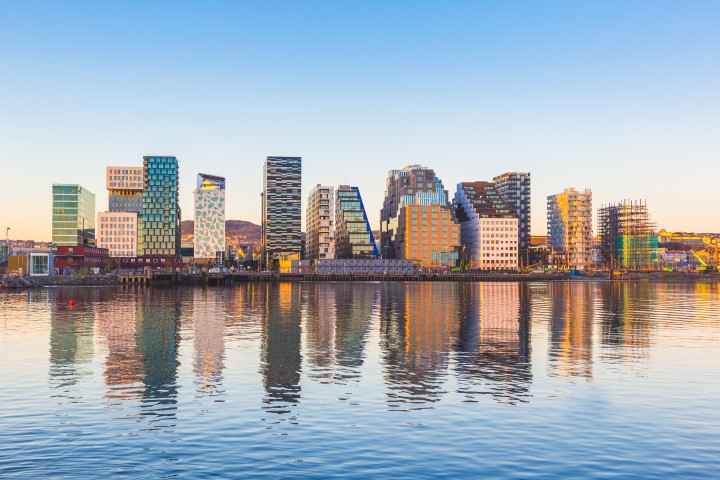
Smart Circular Cities
Another driving force is the momentum around 'Smart Cities' in Flemish cities. Circular Flanders saw an opportunity to explore and deepen the circular economy-related potential of digital technology
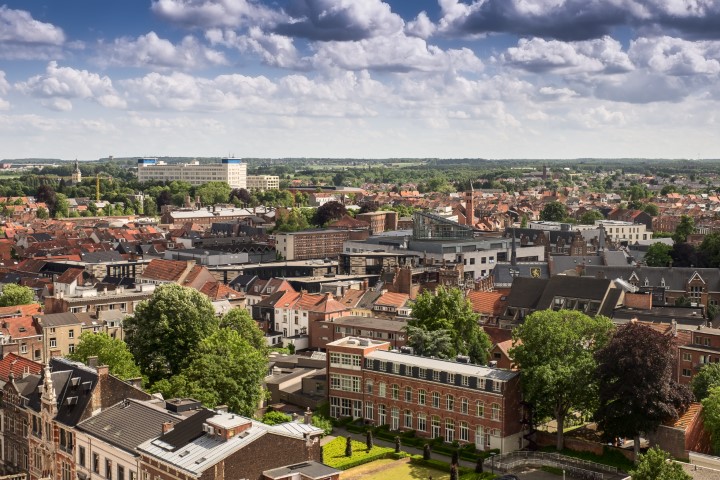
Circular Space(s)
OVAM is also constantly setting new standards for the brownfield and greyfield policy. This policy emphasises the value of land as a resource, whereby remediation operations not only ‘recycle space', but also provide soil and other services to maintain the city's health. Moreover, the remediation’s interim period offers all kinds of cultural and social organisations an opportunity to experiment, in addition to 'changing the place’ in terms of urban development.

Circular Metabolism
The development of 'Circular Metabolism' as a new practice has led to greater coherence of the big picture. We use our master classes to highlight this topic. Antwerp researched how this could be implemented in their spatial planning and economic context.
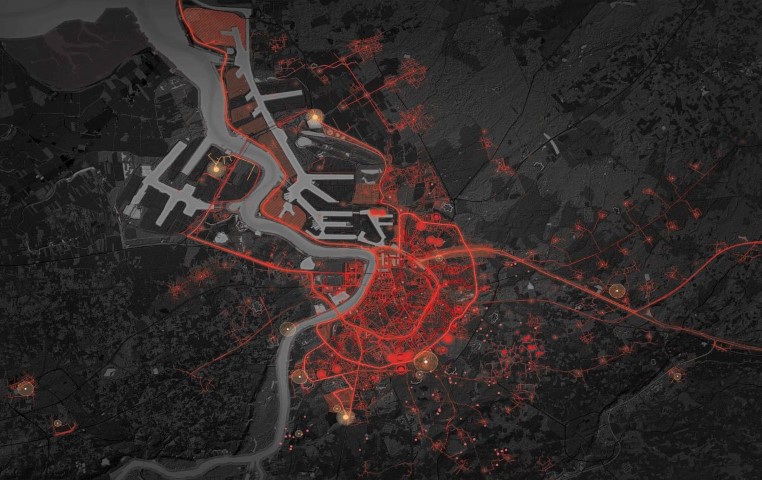
Productive Circular Cities
Finally, we focus on the work we carried out related to ‘the productive city’. If we no longer view the city as an isolated environment, but as part of a far broader circular region instead, there are all kinds of opportunities to reintroduce the manufacturing industry to the city – manufacturing that integrates knowledge, innovation and production.
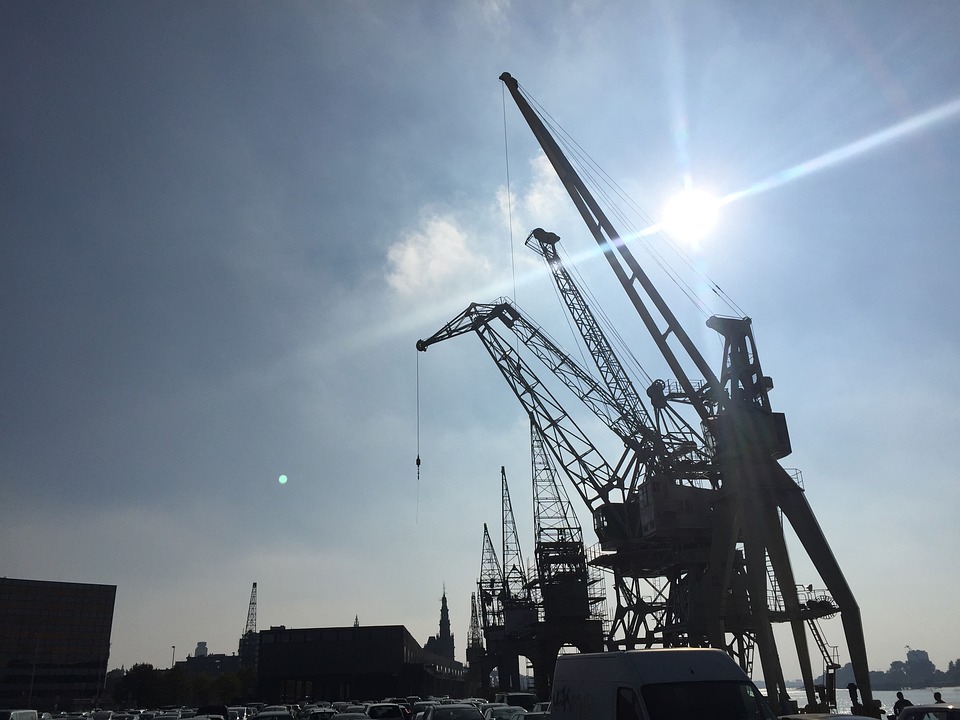
Activities For The General Public
We conducted a number of experiments on this site to start an ‘offline’ dialogue with a broad audience, namely by organising community workshops and going on tour with our circular coffee bar.
